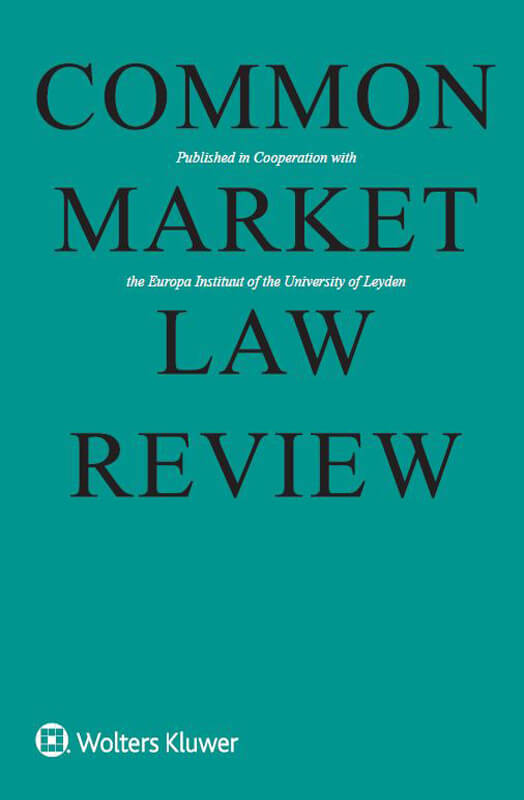Home > All journals > Common Market Law Review > 55(5) >

$25.00 - Rental (PDF) *
$49.00 - Article (PDF) *
Pierre Schammo
Common Market Law Review
Volume 55, Issue 5 (2018) pp. 1423 – 1455
https://doi.org/10.54648/cola2018118
Abstract
This article takes stock of one of the major innovations under the European System of Financial Supervision (ESFS): the breach of Union law procedure. Under this procedure, the European Supervisory Authorities (ESAs) have a key role to play in policing breaches of Union law, but they have rarely taken formal action. Many decisions are decisions not to act, i.e. declining to open investigations following a request by a complainant. Some of these “inactions” have been scrutinized before the Joint Board of Appeal of the ESAs (BoA). One was appealed before the EU judiciary, which denied “ordinary” complainants procedural safeguards, including rights of appeal before the BoA and the EU courts. This article seeks to shed light on the ESAs’ decisions not to act under the breach of Union law procedure, focusing on the ESAs’ very substantial discretionary right not to initiate an investigation, and suggesting that the procedural position of some ordinary complainants should be revisited.
Extract
